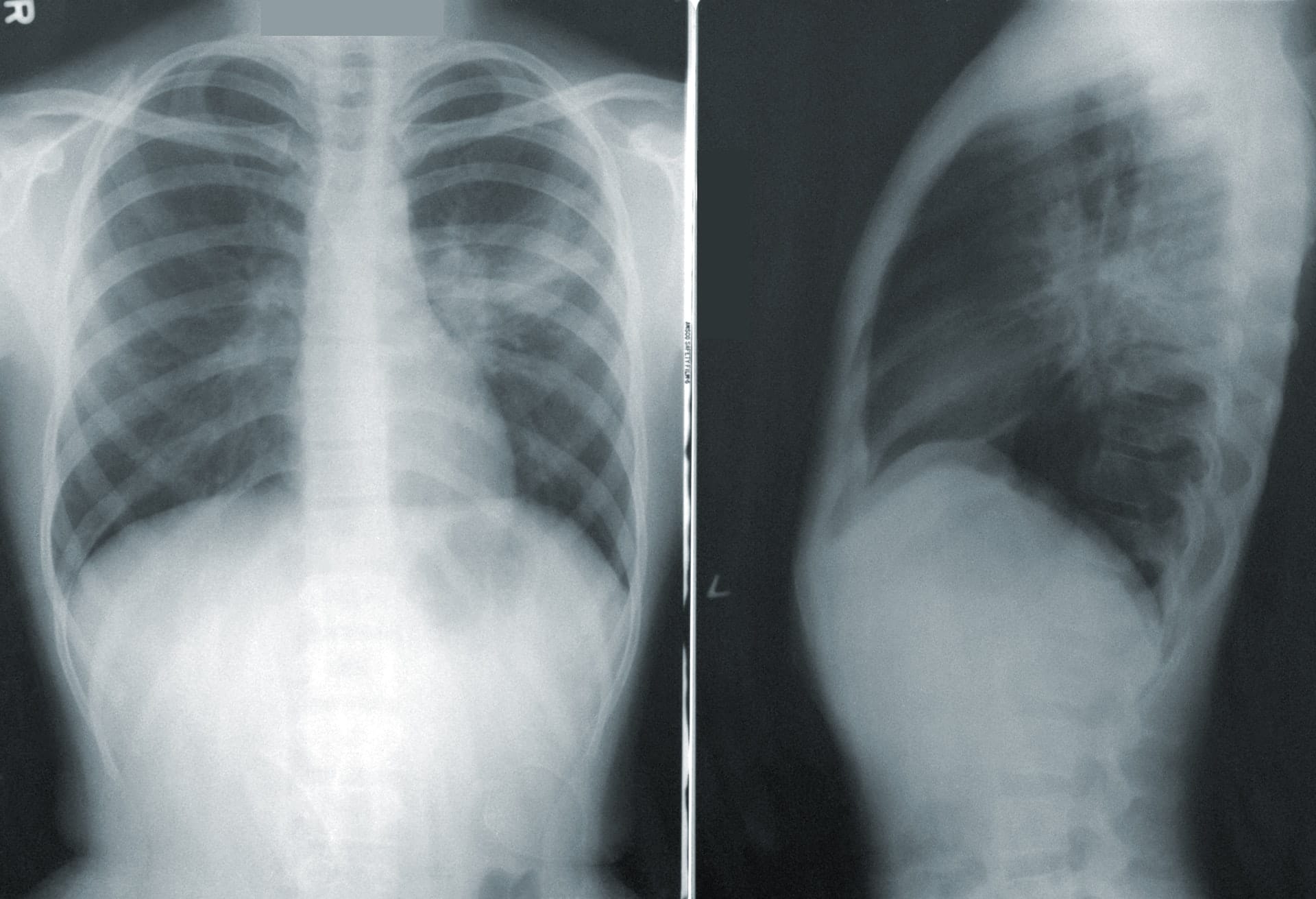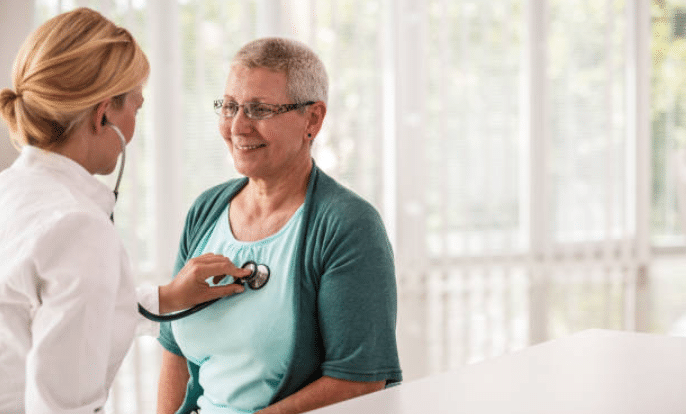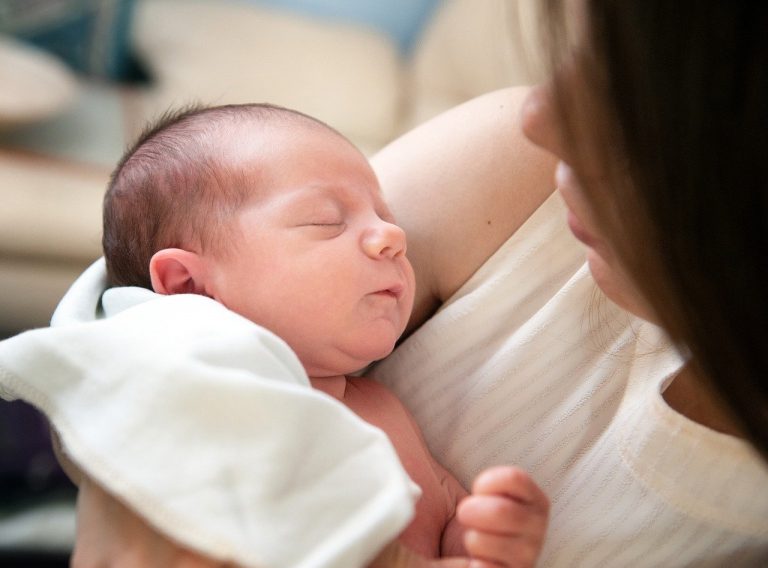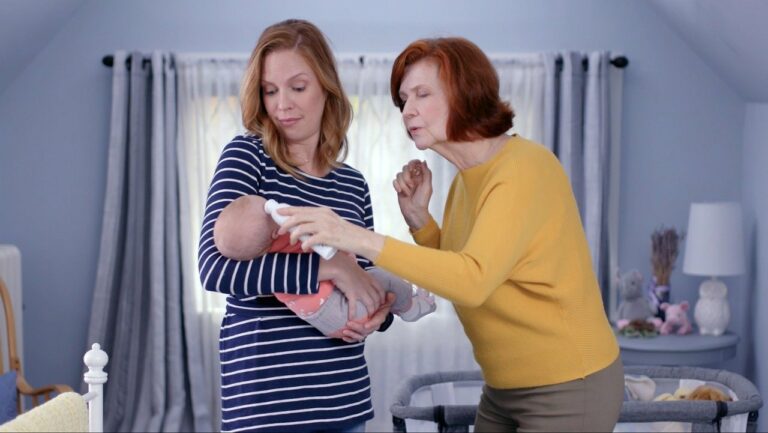Coronavirus is a respiratory illness that might cause pneumonia. In this case, it will take you a longer time to recover, as well as additional treatments. To assess the state of your lungs after COVID-19, you might need to take a lung function test. From this article, you’ll get to know how this test works and the benefits it has.
In This Article
Reasons for a Lung Function Test
You might need to take a lung function test to enable the medical professional to do the following:
- Compare the results with your previous tests and assess the progress of your existing breathing condition
- Detect the most efficient treatments for your health condition
- Test your respiratory performance under conditions of physiological stress
- Check whether you might be ready for a surgery
This method allows the doctor to quantify the degree of your lung damage and make a diagnosis.
Lung Function Testing: What Is It?
During the test, you’ll be required to breathe in and out of specialized equipment. It will measure the following parameters:
- The rates of your airflow through the airways
- The volume of your lungs at full capacity at rest, and at their most empty
- The ability of your lung to exchange gases with the bloodstream
If needed, you can have additional specialized tests to assess such parameters as:
- The strength of your breathing muscles
- The degree of inflammation
- The airways’ response to provoking agents (this should come in handy if the doctor suspects you might have asthma)
The exact duration of the test varies from one patient to another. It depends on how many attempts you’ll need to take to deliver easily measurable results. The physiologist will guide you through the process and explain everything in detail.
How to Prepare for the Lung Function Test?
Your healthcare provider might require you to do the following:
- Refrain from smoking for a few hours before the test
- Avoid heavy meals
- Empty your bladder before the procedure
- Loosen tight clothing, jewelry or other things that may cause a problem during the test
If you wear dentures, you won’t need to remove them. Before the test, the doctor will record your height and weight — this data will enable them to accurately calculate the results.
What Happens During the Lung Function Test?
The process might vary from one health facility to another. Plus, the specific details might depend on your condition. For instance, the doctor might suggest that you should sit in a chair and put a soft clip on your nose. You’ll be required to inhale and exhale in different ways through your mouth. A device, called a spirometer, will form a tight seal with your mouth. A sterile mouthpiece will be attached to it.
The most advanced technology that can be used for the lung function test is Bluetooth-powered spirometers. Because of the Bluetooth feature, such devices don’t require you to interact directly with healthcare workers, minimizing the risk of infection. If the medical professional prefers to stay in the same room as their patients, the distance between them might reach 10 meters or even more. Moreover, the physiologist might be sitting in another room and controlling the process through their tablet or computer.
Once the test is over, you’ll be able to go home.
How Reliable Is the Test?
In most cases, the lung function test is very reliable. However, its results might be not 100% accurate if you meet one of the following conditions:
- Use pain medicines or bronchodilators
- Pregnancy
- Have a bloated stomach
- Suffer from a head cold
- Are extremely tired
- Feel uncomfortable and don’t want to cooperate with the doctor
In any of these situations, the medical professional should be able to recommend worthy alternatives to the procedure. For instance, you might want to find an ultrasound near me to inspect your lungs.
Risks of a Lung Function Test
You’ll need to take it in a place that many other patients visit and some of them could be COVID-positive. To ensure maximum safety, you should have the test in a health facility that meets the following criteria:
- Has strict protocols in effect that regulate the process of testing
- Requires all staff members to wear personal protective equipment
- Provides at least 16 air changes per hour in each testing room
- Cleans and dries all equipment between patients with a chlorine-based solution
If the lung function test was not carried out during the pandemic, it would not have posed any threat to your health. The doctor will keep an eye on you during the test to make sure you don’t suffer from dizziness, troubled breathing, or other problems.
Final Thoughts
Hopefully, you found this article informative and now you better understand why you might need a lung function test after COVID-19. This is a rather simple and quick procedure that allows medical professionals to assess the state of your lungs after a respiratory disease. The most important thing is to have the test in a health facility that provides maximum sterility. In addition, you should meticulously follow the instructions that the physiologist provides to you.










